A Future Where Resources Circulate and Are More Utilized
MIRAIE’s technology transforms local “waste” such as food waste, sewage sludge, and livestock manure into high-quality compost = a “resource” that is returned to the soil by the power of microorganisms to grow new food. By reducing waste, we aim to reduce CO2 and suppress environmental impact, while regenerating resources to contribute to the realization of a circular society. Towards a sustainable society, we will continue to develop our technology and carry out initiatives to pass it on to the next generation.
MIRAIE and SDGs
Through our CSR activities, we contribute to achieving the SDGs.
We Want to Spread Composting Equipment That Converts “Waste” Into “Circulating Resources” Worldwide
MIRAIE ‘s Composting Equipment turns various “waste” such as food waste, sewage sludge, livestock manure, spent mushroom substrate, agricultural residues, and wood chips into Composting, recycling it as “resources.” We solve common issues in Composting Equipment, such as foul odors, fermentation failures, and running costs, with our unique development technologies and know-how, contributing to environmental protection, the spread of recycling resources, and realizing our customers’ dreams.
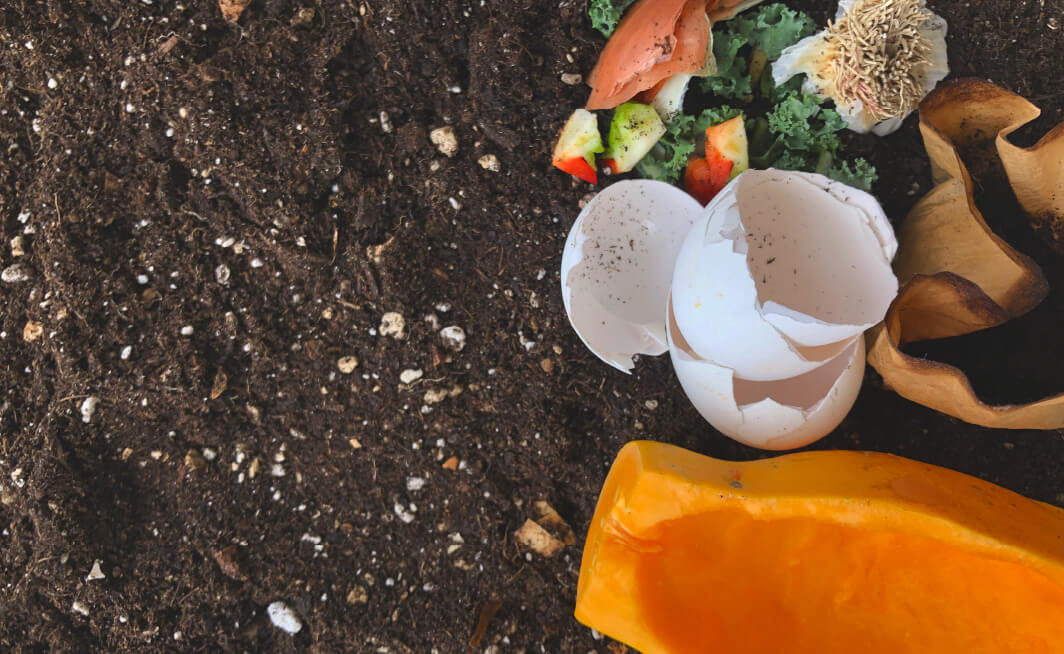
Aiming for a Low-Environmental Impact Society with Low Energy Consumption and CO2 Emission Reduction
We control the power consumption and CO2 emissions generated during the Composting process with our proprietary technology, working to reduce environmental impact. By producing compost stably throughout the year, we reduce unnecessary energy consumption, further developing technologies for the efficient use and consumption reduction of fossil fuels and resources, promoting the use of new energy, and aiming to realize a low-carbon and decarbonized society.
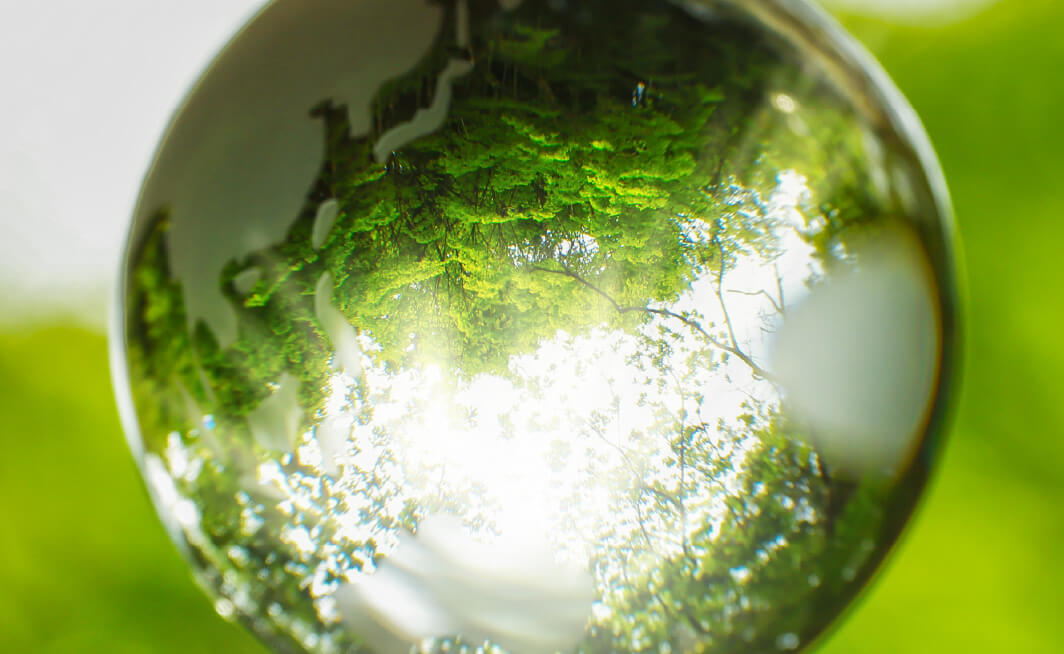
Utilizing Recycled Products from Empty Bottles and Solar Panels in Our Products
The base material of MIRAIE’s deodorizing equipment is recycled from glass bottles and used solar panels. The porous glass used as a base material allows high-concentration adhesion of odor-decomposing bacteria, boasting high removal capabilities and long-term use without replacement. With the issue of solar panel disposal in mind, we aim to solve two social issues—waste and foul odors—through our business.
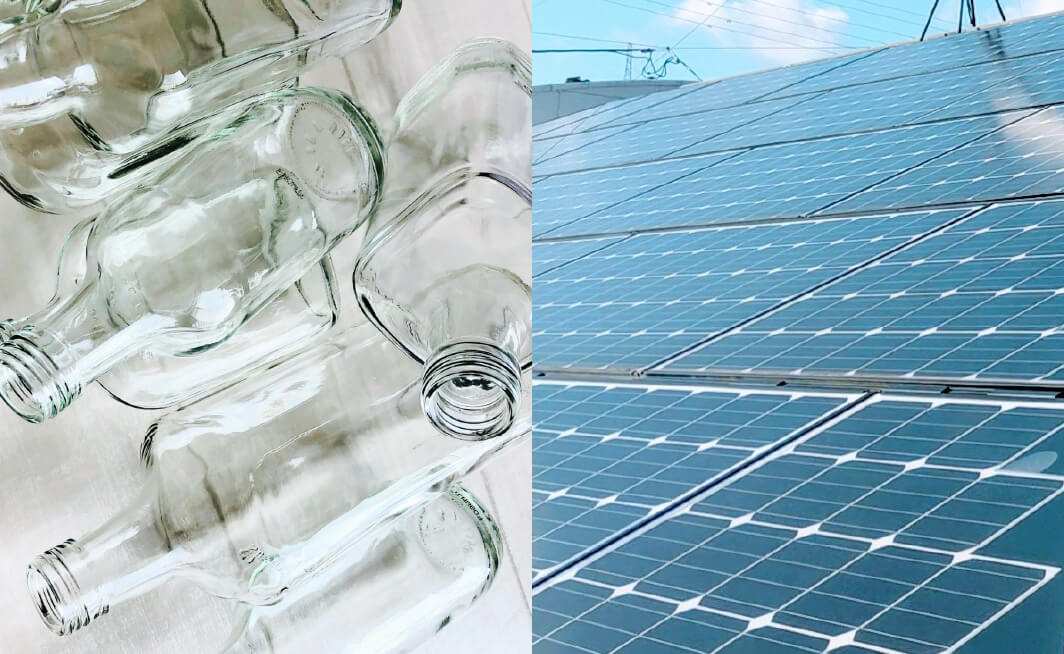
In the Future, “Agriculture and Environment” Will Become Important Global Themes, Aiming for Both Environmental Protection and Strong Agriculture Through Resource Recycling
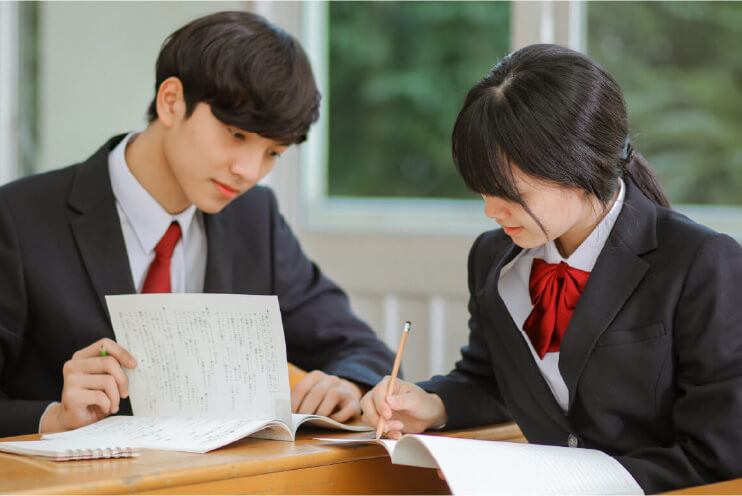
Educational Support for Students
We provide educational support to the next generation about recycling business and SDGs.
Supporting Local High School Students in Viewing Environmental Issues as “Personal Matters” and Fostering Their Interest
Super Science High School (SSH)
We supported the education of Shimane Prefectural Matsue Minami High School.
Themed “Fieldwork on SDGs and Science Technology,” we discussed environmental issues.
-
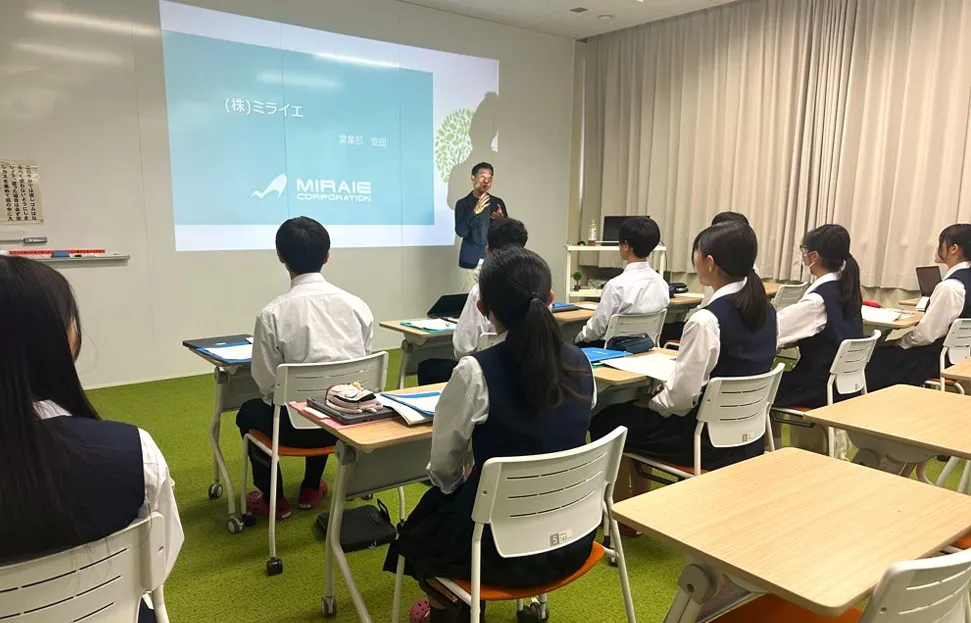
2024 Lecture Theme
How to recycle waste? How to increase the recycling rate?
They learned about composting, a form of recycling, and based on this, each group was asked to think about the amount of various items they disposed of, how to recycle them, and what they could do to increase the recycling rate. They worked proactively with a lot of positive opinions and questions.
-
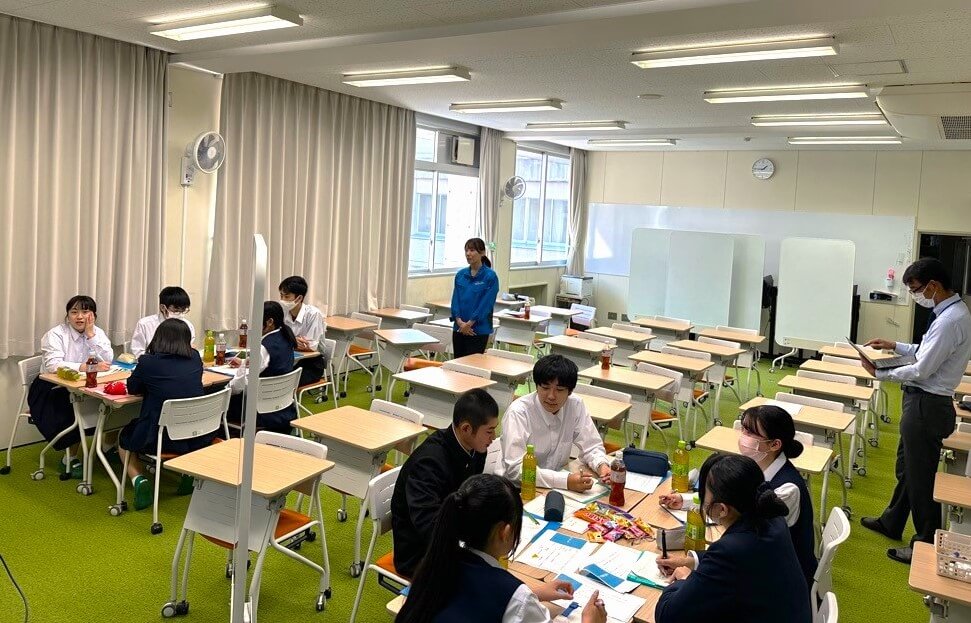
2023 Lecture Theme
Exploring Methods to Handle Food Loss
Students discussed the causes and impacts of “food loss,” the most familiar type of waste, and explored alternative processing methods other than disposal. Various opinions were expressed by the students, providing an opportunity to think about food loss and actively voice their opinions.
-
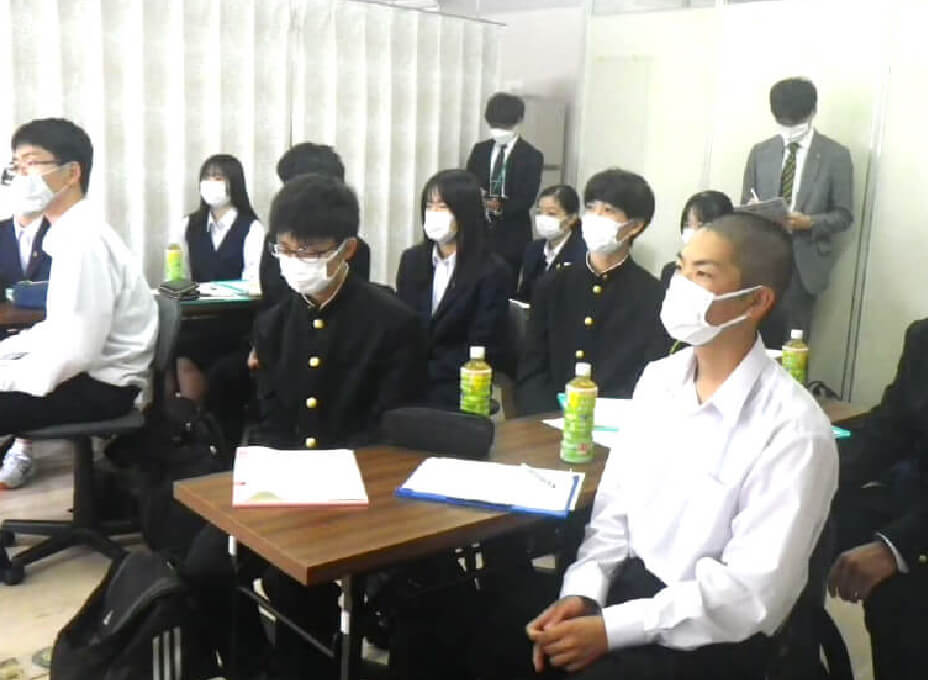
2022 Lecture Theme
Exploring Alternatives for Familiar Resources
After researching the usage and recycling rates of straws, PET bottles, and plastic bags, students proposed alternatives such as materials that return to nature or food-derived materials. Other ideas included repurposing plastic bags into clothing, showcasing the young generation’s flexible thinking.
-

2021 Lecture Theme
Exploring Methods to Reduce Pollution from Livestock
Although the theme was extreme, imagining a ban on meat consumption to reduce pollution from livestock, the students researched thoroughly, debated positively, and exchanged diverse opinions beyond expectations. The lectures aim to spark students’ interest in environmental and social issues.







